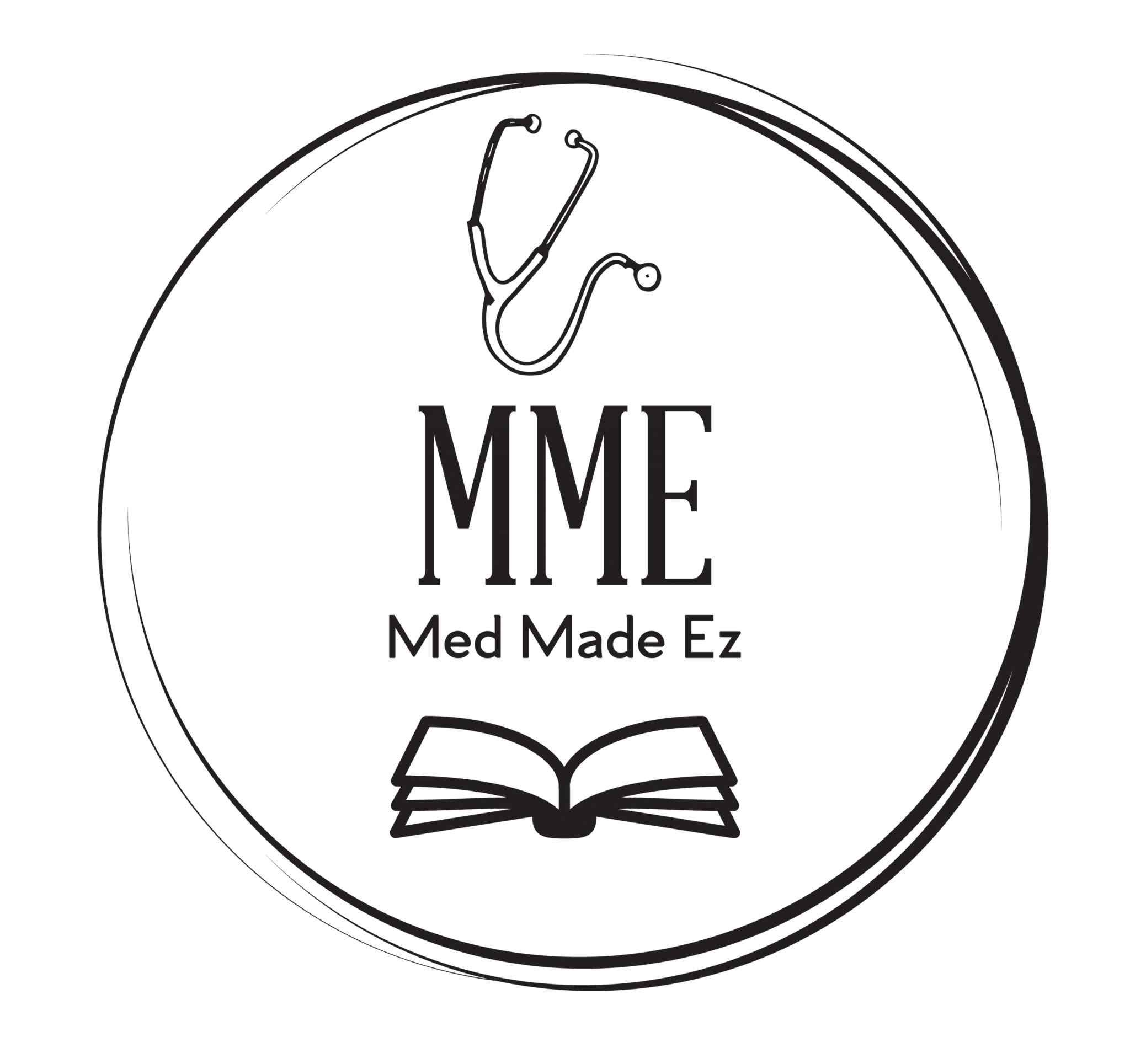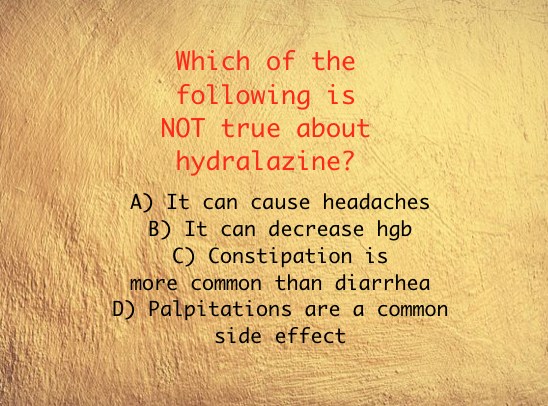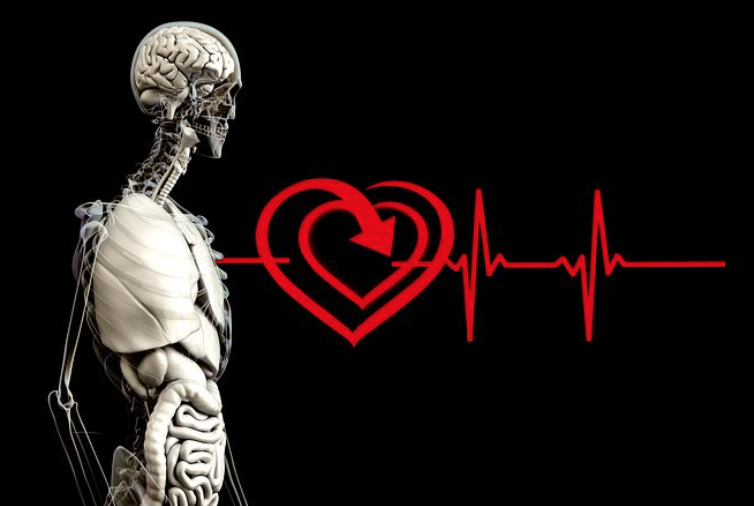WANT THE MOST CURRENT QUESTIONS SENT TO YOU? SIGNUP:
[jetpack_subscription_form]
Nursing Student? Studying for NCLEX? New Nurse? Medical professional? Or just love to learn about medical stuff? Check out Med Made Ez channel! Making medical topics easier to learn & remember!
Example Video:
TODAY’S TEST QUESTION:
[/vc_column_text]

CORRECT ANSWER:
A) Reaction formation
-
This defense mechanism is sometimes considered an overreaction to unacceptable thoughts that a person may be having or feeling
-
These individuals may be inflexible, judgmental, and intolerant. However, they may be having desires to act in the exact opposite way but the overreaction helps to suppress those thoughts. This is done to suppress the guilt from having those thoughts and feelings
-
An example: Someone who has racist feelings or thoughts but who acts overly nice to someone from another race.
-
Another example: A person who has lustful thoughts about another individual, however tells their current partner how much they can’t stand that other person.
EXAMPLE OF OTHER ANSWERS
-
Regression: An 8 yr old child sucks their thumb when they are experiencing stress around them
-
Displacement: You had a terrible day at work you go home and yell at your spouse for no reason
-
Projection: A person is cheating on their spouse but they constantly accuse their spouse of cheating. This can be similar in some ways to reaction formation-however this more often involves taking ones own feeling or actions and acts as if they are another person’s feelings and actions. Often this happens in instances of cheating spouses who actually accuse the other spouse
NCLEX & OTHER TEST TAKING TIPS:
-
KNOW examples of all the different types of defense mechanisms.
-
They are often seen on NCLEX and other such medical tests.
-
Think of ways that these defense mechanisms can affect a patients care
-
Often defense mechanism are used to avoid the feeling surrounding new diagnosis, medical treatment plans, frustrations, and/or disagreement with treatment plans
-
Know interventions in response to defense mechanisms (how to respond)




